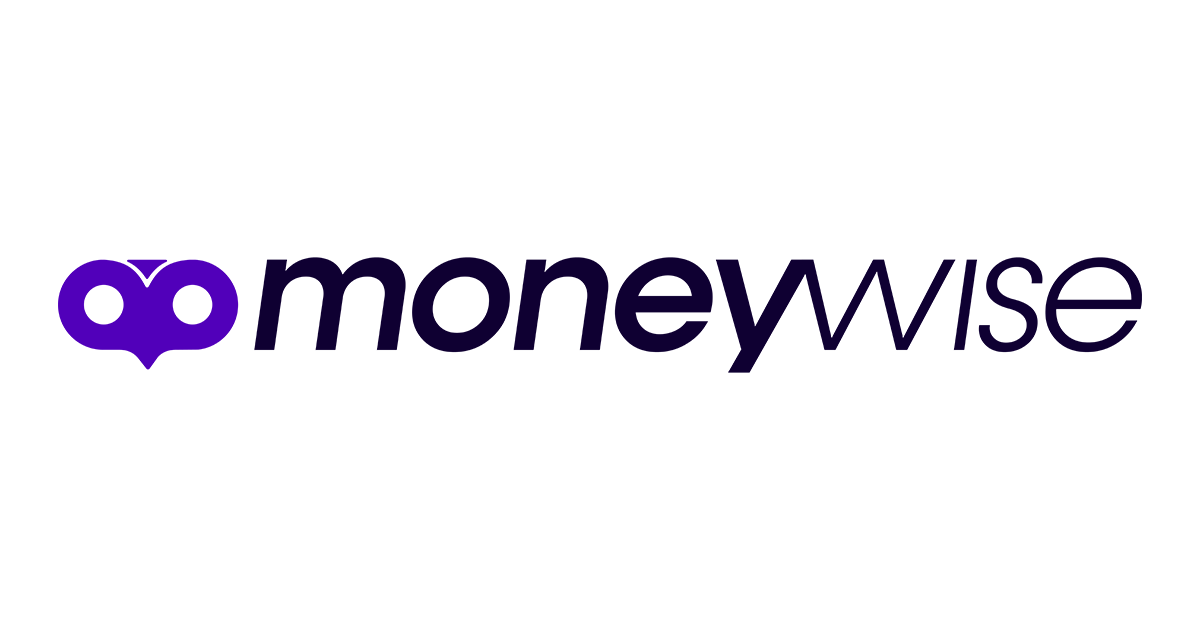
The Rise of the EduFin Influencer: Democratizing Financial Literacy in the Digital Age
In an era defined by digital connectivity, social media has evolved beyond a platform for entertainment and social networking. It has become a powerful force for education and information dissemination, particularly in areas that were once confined to traditional institutions. One of the most compelling examples of this phenomenon is the rise of the "EduFin" influencer – individuals who leverage social media platforms to provide financial education and guidance to a broad audience.
These influencers are reshaping how people learn about money management, investing, and financial planning. They are democratizing financial literacy, making it accessible and engaging for individuals who may have previously felt intimidated or excluded from the world of finance.
The Need for Financial Literacy
Financial literacy is the ability to understand and effectively use various financial skills, including personal financial management, budgeting, investing, and debt management. It is a crucial life skill that empowers individuals to make informed decisions about their money, secure their financial future, and achieve their life goals.
Despite its importance, financial literacy remains a significant challenge for many people around the world. Studies consistently show that a large percentage of adults lack basic financial knowledge, leading to poor financial decisions, debt accumulation, and financial insecurity. This lack of financial literacy can have far-reaching consequences, impacting individuals, families, and even the broader economy.
Traditional sources of financial education, such as schools, universities, and financial institutions, often fall short of meeting the needs of the general population. These resources may be inaccessible, too complex, or simply not engaging enough for many individuals. This is where EduFin influencers step in to fill the gap.
Who are EduFin Influencers?
EduFin influencers are individuals who create and share financial content on social media platforms like YouTube, Instagram, TikTok, Twitter, and blogs. They come from diverse backgrounds, including financial professionals, entrepreneurs, educators, and everyday individuals who have a passion for personal finance.
What sets them apart is their ability to break down complex financial concepts into simple, relatable, and engaging content. They use a variety of formats, including videos, infographics, blog posts, live streams, and interactive Q&A sessions, to reach a wide audience.
Key Characteristics of Successful EduFin Influencers:
- Authenticity: EduFin influencers build trust by being authentic and transparent about their own financial experiences, both successes and failures. They share their personal stories and insights, making them relatable and approachable.
- Accessibility: They avoid jargon and complex terminology, using plain language to explain financial concepts in a way that anyone can understand. They cater to different levels of financial knowledge, from beginners to more advanced learners.
- Engagement: They create content that is engaging and interactive, encouraging their audience to ask questions, share their experiences, and participate in discussions. They foster a sense of community and support.
- Accuracy: They prioritize accuracy and credibility in their content, relying on reliable sources and avoiding misleading or sensationalized information. They often cite sources and encourage their audience to do their own research.
- Relevance: They address topics that are relevant to their audience’s needs and interests, such as budgeting, saving, investing, debt management, and retirement planning. They stay up-to-date with current financial trends and events.
The Impact of EduFin Influencers:
EduFin influencers are having a significant impact on financial literacy and behavior in several ways:
- Increased Awareness: They are raising awareness about the importance of financial literacy and encouraging people to take control of their finances.
- Improved Knowledge: They are providing accessible and engaging financial education, helping people understand key concepts and make informed decisions.
- Behavior Change: They are inspiring people to adopt positive financial habits, such as budgeting, saving, investing, and paying down debt.
- Empowerment: They are empowering people to take control of their financial future and achieve their life goals.
- Democratization: They are democratizing access to financial information and resources, making it available to a wider audience, regardless of their background or income level.
Examples of Popular EduFin Influencers:
- Humphrey Yang: A former financial advisor who creates engaging and informative videos on YouTube and TikTok, covering topics like investing, personal finance, and economics.
- Graham Stephan: A real estate investor and YouTuber who shares his experiences and insights on building wealth, investing, and saving money.
- Tiffany Aliche (The Budgetnista): A financial educator and author who provides practical advice and resources for budgeting, debt management, and building wealth, particularly for women.
- Ramit Sethi: A personal finance expert and author of "I Will Teach You to Be Rich," who offers a no-nonsense approach to personal finance and investing.
Challenges and Criticisms:
While EduFin influencers offer many benefits, they also face certain challenges and criticisms:
- Lack of Regulation: The lack of regulation in the influencer space means that anyone can claim to be a financial expert, regardless of their qualifications or experience. This can lead to misinformation and potentially harmful advice.
- Conflicts of Interest: Some influencers may promote financial products or services in exchange for compensation, which can create conflicts of interest and bias their advice.
- Oversimplification: The need to create engaging and easily digestible content can sometimes lead to oversimplification of complex financial topics, which may not be appropriate for all situations.
- Risk of Scams: The online environment is rife with scams and fraudulent schemes, and EduFin influencers are not immune to being targeted or unwittingly promoting such schemes.
- "Get Rich Quick" Mentality: Some influencers may promote unrealistic or unsustainable strategies for building wealth, such as day trading or investing in high-risk assets, which can lead to financial losses.
Best Practices for Consumers:
To navigate the world of EduFin influencers safely and effectively, consumers should follow these best practices:
- Do Your Research: Verify the credentials and experience of the influencer before taking their advice. Look for evidence of expertise, such as certifications, licenses, or professional experience in the financial industry.
- Be Skeptical: Be wary of influencers who make unrealistic promises or promote "get rich quick" schemes. Remember that building wealth takes time, effort, and discipline.
- Seek Multiple Opinions: Don’t rely solely on the advice of one influencer. Seek out multiple sources of information and compare different perspectives.
- Consider Your Own Situation: Tailor the advice you receive to your own individual circumstances and financial goals. What works for one person may not work for another.
- Consult a Professional: For complex financial decisions, consult with a qualified financial advisor who can provide personalized guidance and support.
- Report Misleading Content: If you encounter misleading or fraudulent content from an EduFin influencer, report it to the platform and relevant regulatory authorities.
The Future of EduFin Influencers:
The rise of EduFin influencers is a testament to the power of social media to democratize financial literacy and empower individuals to take control of their financial future. As technology continues to evolve and social media platforms become even more integrated into our lives, the role of EduFin influencers is likely to grow even further.
To ensure that this trend continues to benefit consumers, it is essential that influencers prioritize accuracy, transparency, and ethical conduct. Platforms should also implement measures to combat misinformation and protect consumers from scams.
By working together, EduFin influencers, platforms, and regulators can create a more informed and financially literate society.



